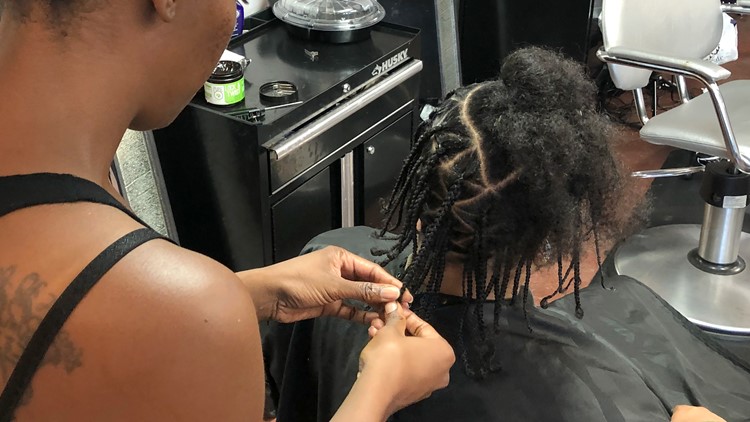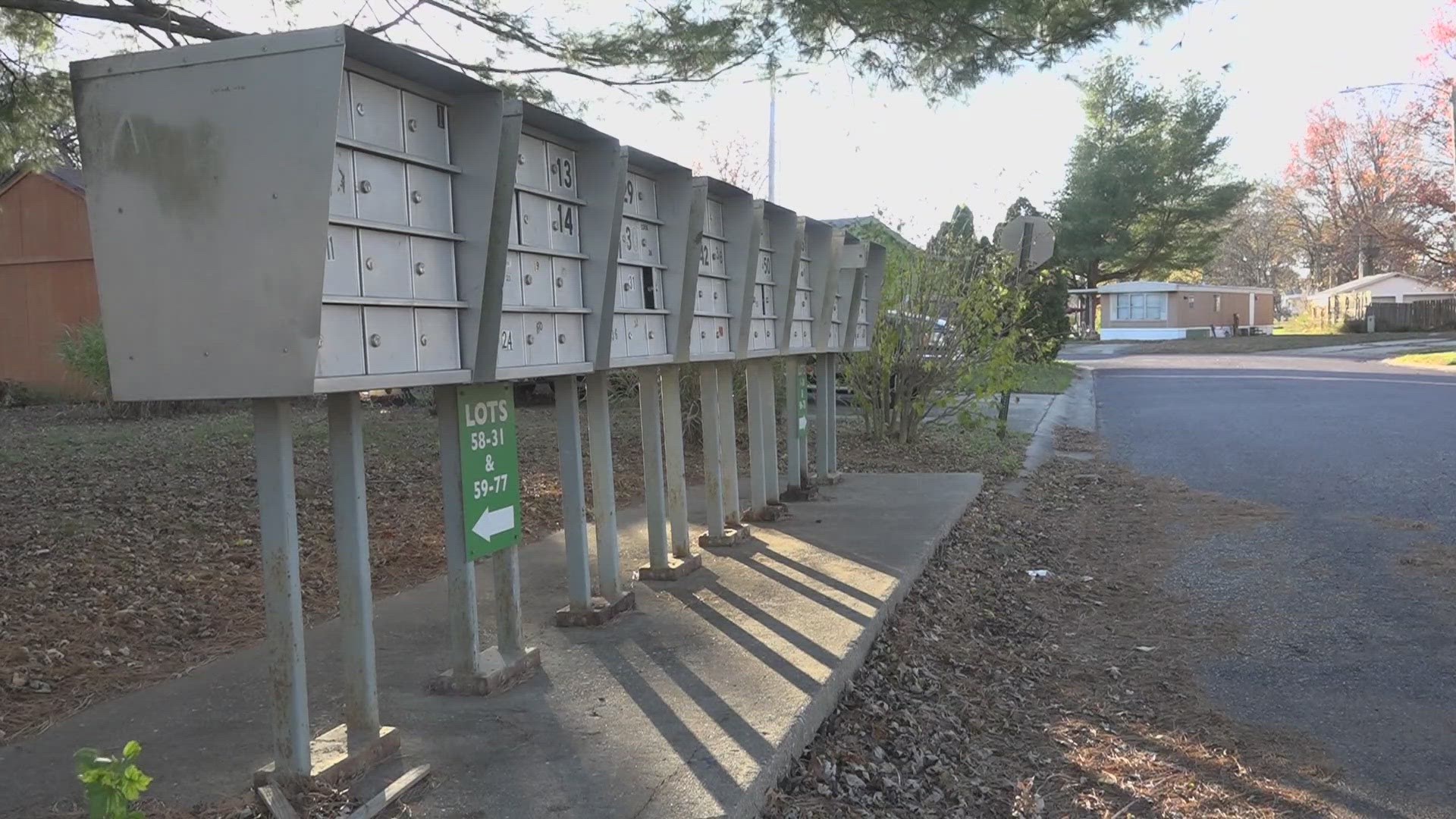ILLINOIS, USA — We've heard about instances of schools banning certain hairstyles, ultimately telling students how they can style their hair.
Well, Governor JB Pritzker is putting an end to that in the state of Illinois. The Governor signed Senate Bill 817 into law, in an effort to protect Black youth in Illinois that may face hair bias in schools.
“Nobody should be made to feel ‘less than’ for how they express themselves – so in Illinois, we’re making it so school uniform and dress code policies in Illinois cannot prohibit or restrict hairstyles historically associated with race, ethnicity, or hair texture,” Pritzker said.
The bill prohibits school uniform and dress code policies from restricting hairstyles that have been historically associated with race, ethnicity, or hair texture. This may include but is not limited to braids, locks and twists. The bill requires the Illinois State Board of Education (ISBE) to provide schools with educational resource materials to teach about protective hairstyles.
For people like Lieutenant Governor Juliana Stratton, who is the mother of four daughters who rock their natural hair, this legislation is well overdue.
"I believe all of our children deserve to be safe, supported and free to express their individuality and cultural pride in school," she said. "Now in Illinois, this is the case.”
SB 817, also known as the Jett Hawkins Law, is in response to a four-year-old boy in Chicago, Gus “Jett” Hawkins, who was told his braids were in violation of the school dress code. His mother, Ida Nelson, began raising awareness of the negative impacts of stigmatizing children’s hair and the impact it can have on their educational development.
"This is one huge step towards improving the mental health outcomes for our children, as it ensures that they will be in healthier learning environments," Nelson said. "Our hair, our blackness, our existence, deserves to be celebrated vs tolerated.”
This is a part of an initiative to ensure that Illinois's education policies reflect the diversity of the state.
The law becomes effective January 1, 2022.



